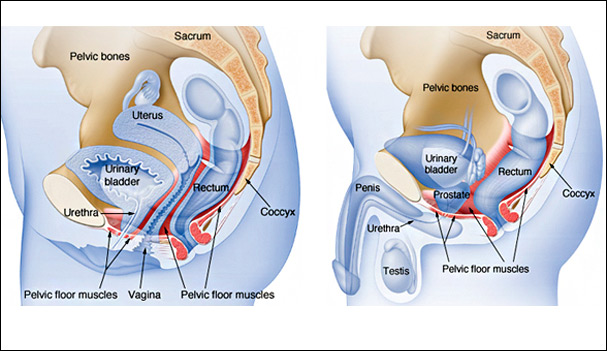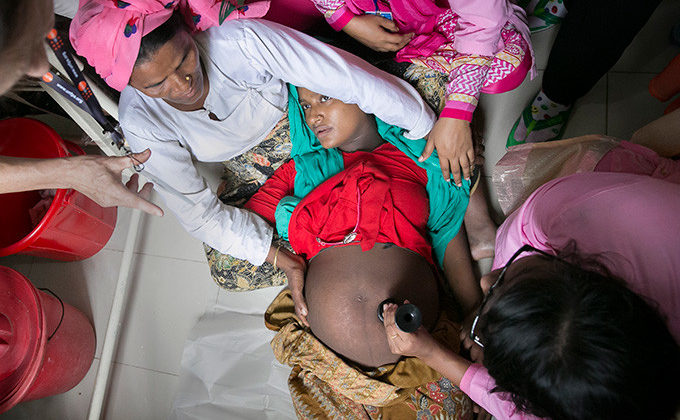
Pelvic Health Physical Therapy
Part 3: Mama, LLC In Part 2 of this Pelvic Health Physical Therapy, we were introduced to Dr. Laura Keyser, a physical therapist who specializes in maternal and child health. She also is the co-founder of Mama, LLC. Dr. Keyser was able to share some aspects of her work at Mama, LLC and to inform us of some projects the firm is working on. Mama, LLC is a physical therapy and public health consulting firm that specializes in domestic and international women’s and girl’s health. Mama, LLC partners with humanitarian organizations, professional organizations, educational institutions, and for-profit groups to meet maternal and women’s health needs around the world. The firm’s work includes but is not limited to education efforts, promotion and advocacy, research, and rehabilitation capacity building. When asked about her work at Mama, LLC, Dr. Keyser reports: “We see the health concerns of women and girls around the world as experiences on the same continuum. While women in low income, low resource settings...





